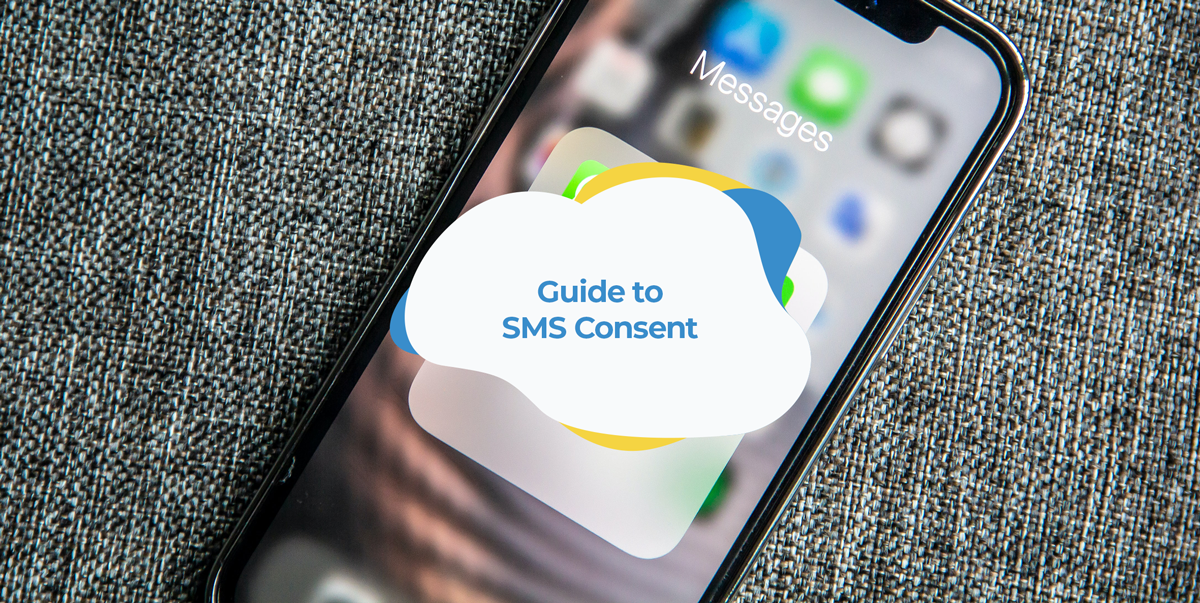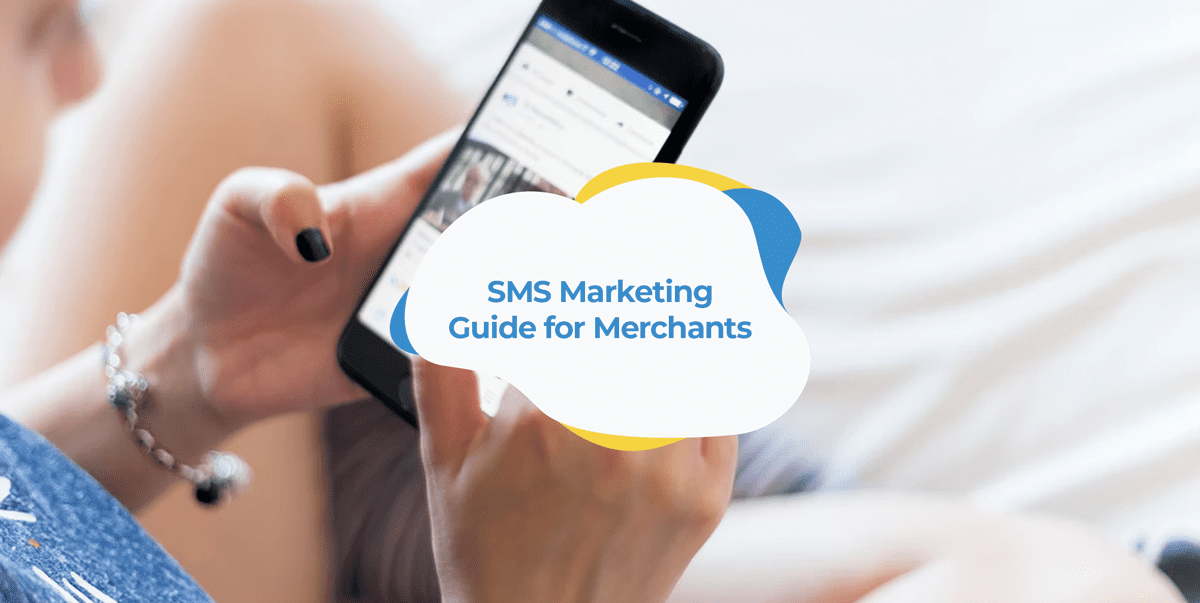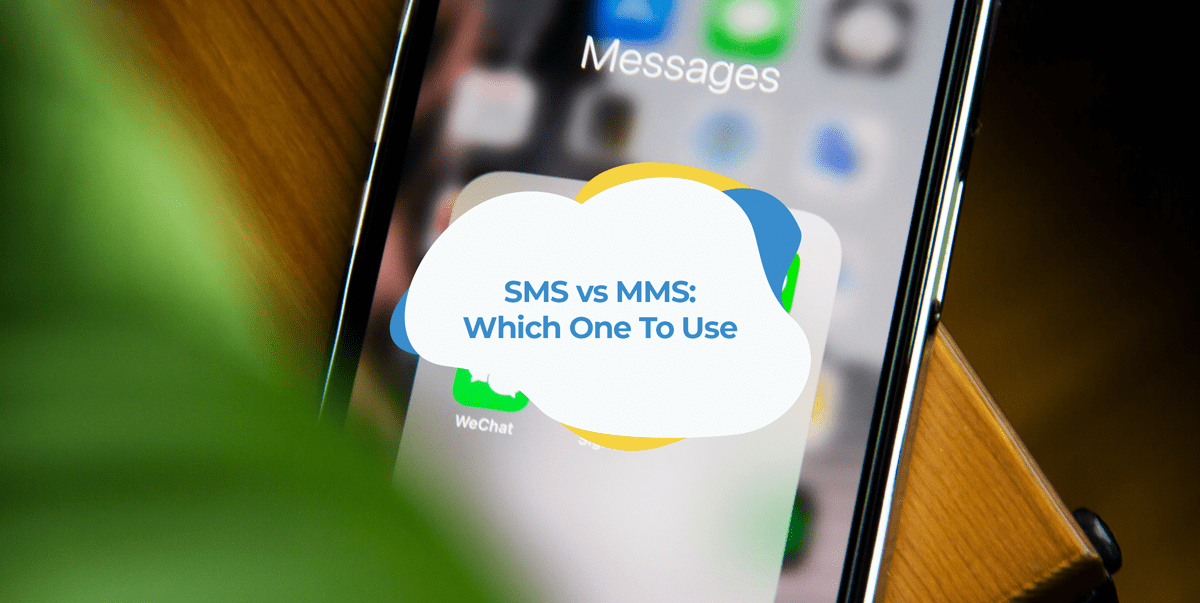Sending SMS to your customers is an easy and effective way to generate sales. That’s why more and more merchants are implementing an SMS marketing strategy.
But just because merchants are keen to send their customers SMS messages, it doesn’t necessarily mean that customers want to receive them.
Just like with email marketing, there are rules and regulations that govern when and who you can target with SMS messages.
So in short, yes, you do need your customer’s consent to send them a marketing SMS.
But there is some nuance around this.
For example, what about sending SMS for informational purposes only? What exactly constitutes consent to receive an SMS message? If a customer has already consented to receive marketing emails, is it okay to send them an SMS campaign?
We’ve created this short guide to help answer these questions.
What counts as consent to receive SMS?
In most countries, including the United States and most of Europe, you need express consent to send customers an SMS.
This means that your customer needs to have explicitly agreed to receive SMS from you.
In other words, just because they’ve signed up to your email list or provided you with their mobile phone number, you cannot just assume they have also agreed to receive SMS.
Instead, they need to have filled out a form that makes it clear that you intend to use the phone number they provide to send SMS messages, including marketing ones, to.
The Telephone Consumer Protection Act (TCPA) in the United States applies this requirement to SMS messages sent for informational purposes only as well.
So this means you also need someone’s express consent to send them SMS messages purely for informational purposes. Not just for marketing purposes.
Does this mean you should require double opt-in?
Double opt-in is the process of requiring customers to take two steps before signing up to your marketing list.
For SMS marketing, this would involve sending your customers a confirmation text message after they sign up to receive your SMS campaigns to confirm that they indeed want to receive them. Similar to the example below.
This prevents people from signing others up for your SMS marketing without their consent.
While double opt-in is not absolutely necessary, in the European Union it can be a good idea to enable it to clearly demonstrate compliance with the GDPR.
What about in Australia?
Compared to a lot of the rest of the world, Australia has a more liberal interpretation of what counts as consent.
According to the Spam Act 2003, in addition to consent being expressly provided, businesses in Australia may also infer consent from a customer’s conduct and “existing business or other relationships”.
Basically, this means that you can send SMS campaigns to customers, even though they have not necessarily expressly consented to receive them, as long as it’s reasonable to infer they’ve consented to receive them based on how they’ve interacted with your business in the past.
If that sounds incredibly vague, that’s because it is. Unfortunately, there’s no clear-cut definition of exactly what constitutes consent in Australia. Depending on your business this could mean you could infer consent based on a customer having an account with you. You could also infer that a customer wants to receive marketing communication from you if they have subscribed to marketing updates on other modes of communication like email. These points are not legal advice and you should consider asking a lawyer if you plan to use inferred consent.
The Australian Communications and Media Authority (ACMA) has also put together a more detailed explanation that you can view here.

Remember that customers can withdraw consent
Getting the appropriate consent from your customers is an essential first step to complete before you can start sending them campaigns.
But it’s important to remember that customers can withdraw their consent at any time. Or to put it another way, they have the right to unsubscribe from your SMS marketing.
To make it possible for customers to exercise their right to unsubscribe, you need to include an option for your customers to unsubscribe in your SMS campaigns.
The automated SMS campaign below from Who Gives A Crap does a good job of including an unsubscribe option.
As you can see, all someone needs to do to opt out of receiving future text messages from Who Gives A Crap is simply to reply ‘STOP’ to the message.
You can also include an unsubscribe link instead like the example below does.
Consent isn’t just about legal compliance
Making sure you’re only sending messages to customers who have opted in to receiving them isn’t only important from a legal perspective.
It’s also incredibly important in terms of maintaining a positive relationship with your customers.
If you start spamming customers with SMS marketing messages they don’t want to receive, you risk annoying them to the point that they will spend their money elsewhere.
This is something to keep in mind even if you do have their consent.
Just because a customer has agreed to receive SMS messages, it doesn’t mean they will be happy to receive them every day.
Especially when SMS is a much more personal and immediate channel compared to social media and email marketing.
To learn more about striking the right balance between getting the most out of SMS marketing and not texting your customers too much, check out our comprehensive SMS guide here.
Sign-up to our newsletter and receive a 30% discount on your first 6 months with SmartrMail
Conclusion
SMS consent is an extremely important and necessary part of SMS compliance.
You need to have a customer’s permission to send them SMS campaigns or messages, not just from a legal perspective but also to maintain a positive relationship with them.
Unfortunately, there’s not a single definition of what constitutes consent that’s applicable in every jurisdiction. So if you are concerned about SMS compliance, it can be worthwhile seeking actual legal advice (which this article is not).
But don’t forget: customers can also withdraw consent at any time.




